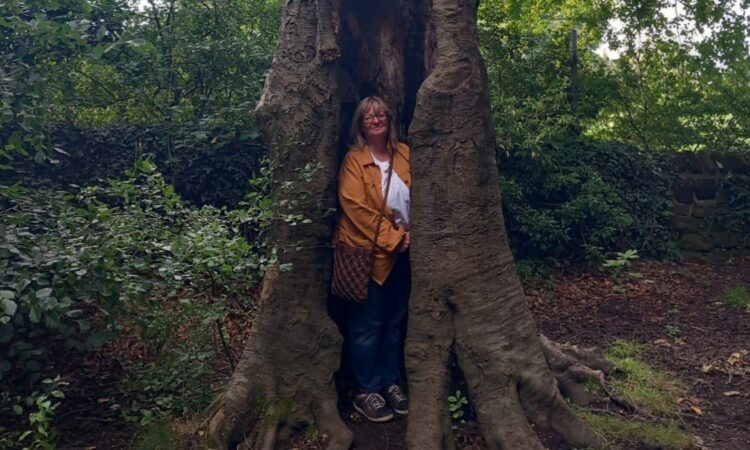
When I called Sandy Thomas to discuss her mortgage, she was crying about her burnt toast. It was her last piece of bread and she can’t afford petrol to get to the closest food bank for more.
In the past year her interest-only mortgage on her three-bedroom home in The Wirral has tripled to £1,030 leaving her with nothing to spare. She has downsized her car and spent the money left behind after the death of her mother. She has run out of savings and is now having to cash in her pension early and sell beloved items, simply to pay the bills.
Thomas, 61, has worked since she was 15 and since 1990 has been a family support worker for the local authority. She’s never missed a payment on the mortgage she’s held for 27 years but now she’s reached breaking point and is going to lose her home. “I’ve got nothing left,” she says. “I can’t even buy a winter coat, I can’t afford to put petrol in my car, I can’t afford Christmas or birthday presents for my granddaughter.
“I’ve had a sleepless night every time the interest rate has gone up. I can’t listen to the news, I’m just not functioning. I’m not enjoying time with my granddaughter, I’m not able to go on holiday. It’s impacting all the special times,” she says.
In 1996, Thomas took out a repayment mortgage with GE Mortgages on the home she raised her two daughters in. Then in 2008 she was forced to switch to an interest-only mortgage. “We had two little children and it was wiping out the whole of my wage. I reduced the payments.”
Her payments were reduced to £367 per month, which she was paying for 14 years, up until 2022. In the last year, after 14 successive Bank of England rate rises, her monthly rate reached £1,030. In August she was paying a rate of 7.4 per cent, up from the base rate of 5.25 per cent. But she is still only paying off the interest – not the loan itself.
When Northern Rock went bust in the 2008 global financial crash, Thomas’ mortgage was transferred to Kensington Mortgages. It has made her one of around 200,000 “mortgage prisoners” in the UK – people who took out high-interest or interest-only mortgages before the crash – and, like most in this position, Thomas is now unable to get a new deal because restrictions on mortgages have been tightened.
“They don’t currently have any better interest rates, they can’t help me, they have no alternative. I’ve never missed a payment, I’ve made overpayments,” she says.
But after paying her mortgage and bills, Thomas’s £1,800 take home from work is gone. “I don’t know where to go or where to turn. I’m currently off work sick with depression from it all. I’ve only got a couple of months left to try and survive this. I’m surviving, not thriving.”
Due to her age, Thomas only has four years left before she owes £161,000 – the same that she owed in 2008. She tells i: “I’d have paid them £10,000 a year and I still owe the same.”
Although Thomas has family, she receives no help with her finances. Her two daughters are also struggling with the cost-of-living crisis. “One of my daughters has moved back in with their dad. The other daughter is a single mum, she was homeless. My only option now is to cash some of my pension or sell and become homeless myself.”
With winter approaching, she’s concerned. A warm bath is often how she has to keep warm and can’t afford to turn the heating on. “I wouldn’t even think of putting the heating on. I’ve cut everything down to the bare minimum. Even the charity shop is expensive, I used to be able to go and pick up something like an item of clothing or a pair of shoes.
“I’ve had no working hob for six months. I just can’t afford to replace anything that goes wrong in the house.” When she does make it to the food bank, Thomas said it’s “dreadful”. “There’s no fresh produce, it’s tinned and processed. It’s not good for your health.”
After visiting charities, contacting her local MP and still receiving no help, Thomas is desperate and has considered reaching out to high-profile celebrities for a loan. “I’ve been in this house 27 years, I’ll be homeless,” she says. “There’s no support for working families that can’t access benefits.”
Thomas took up wild swimming recently because it’s free in the hope of helping her mental health but the dirty waters and temperatures have stopped her going. “It’s been very emotional, it’s very upsetting, the whole situation”.







